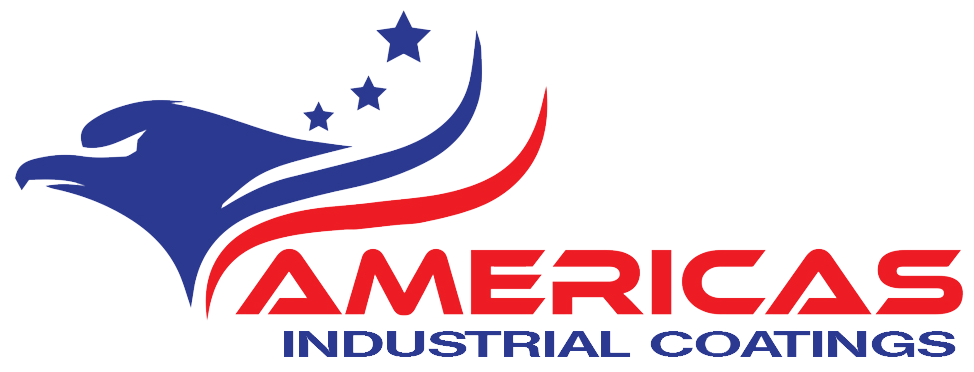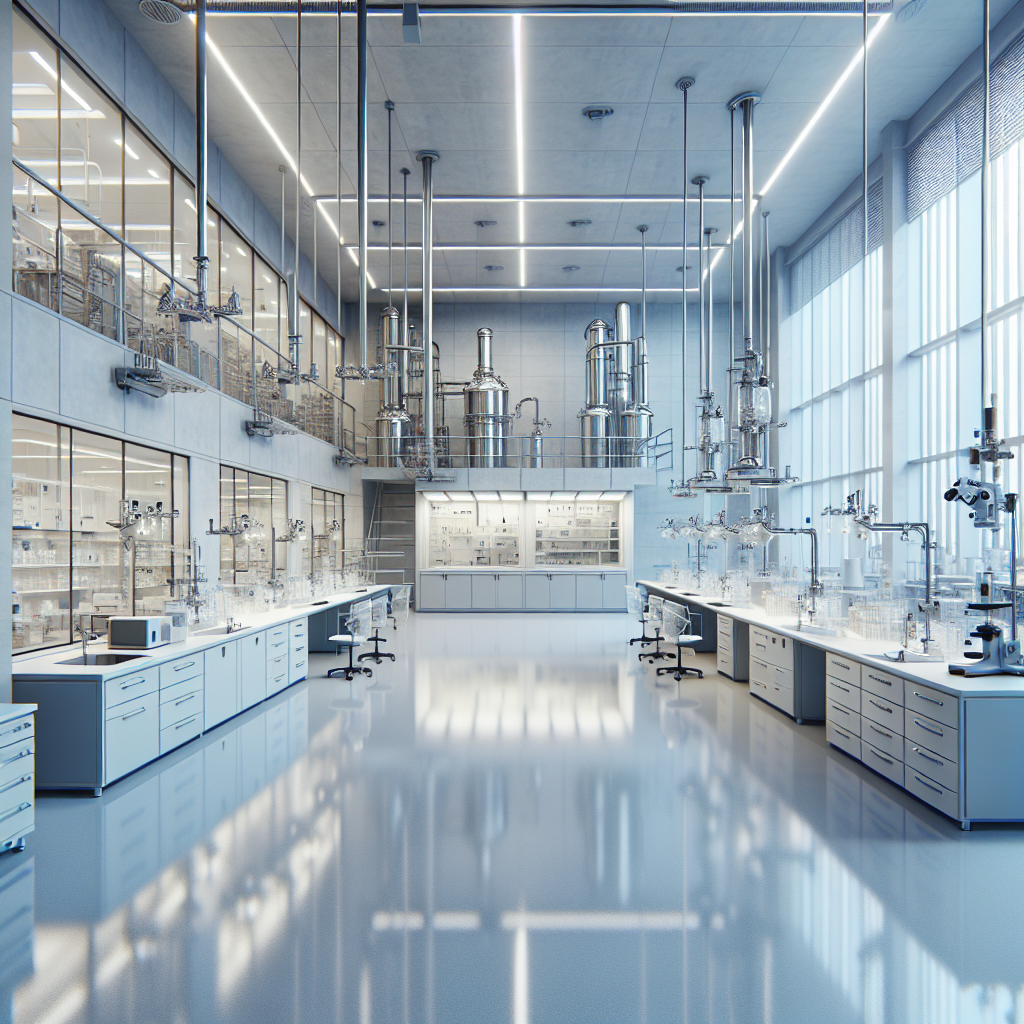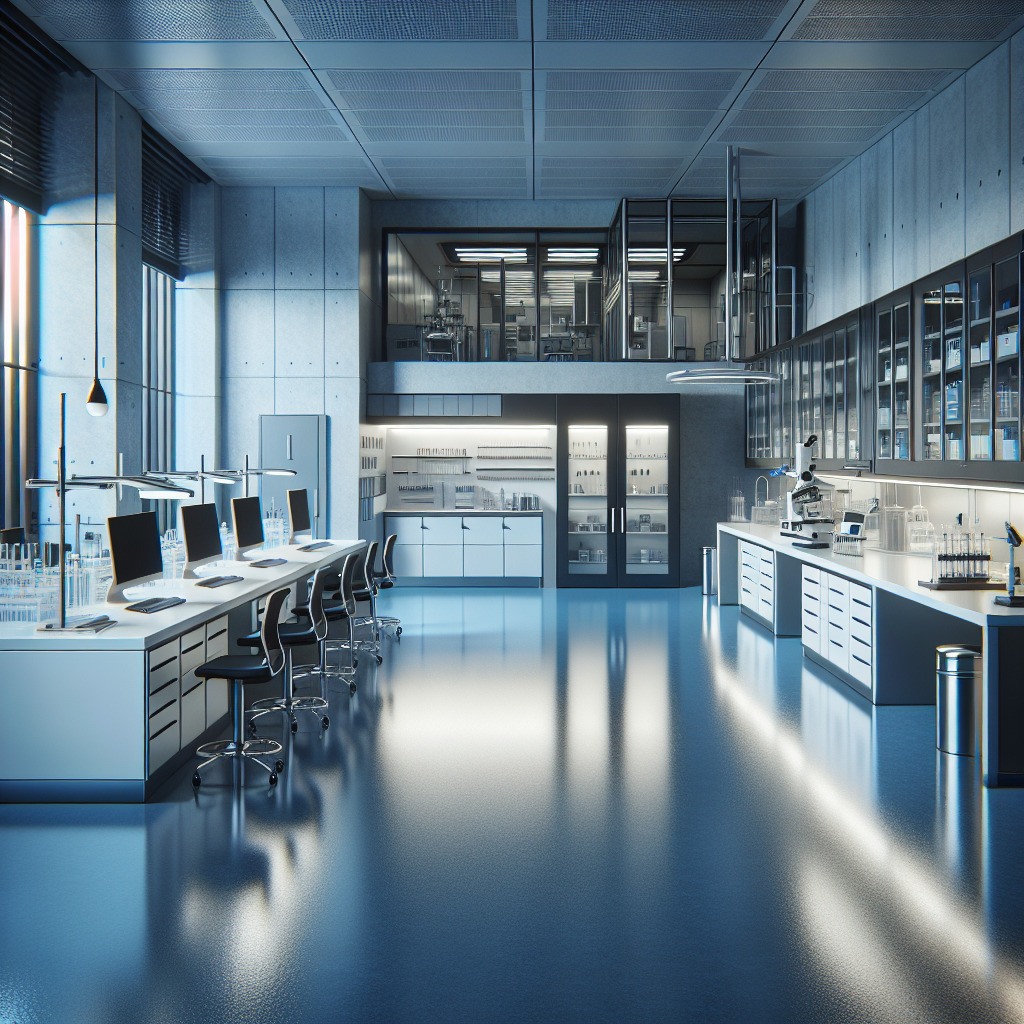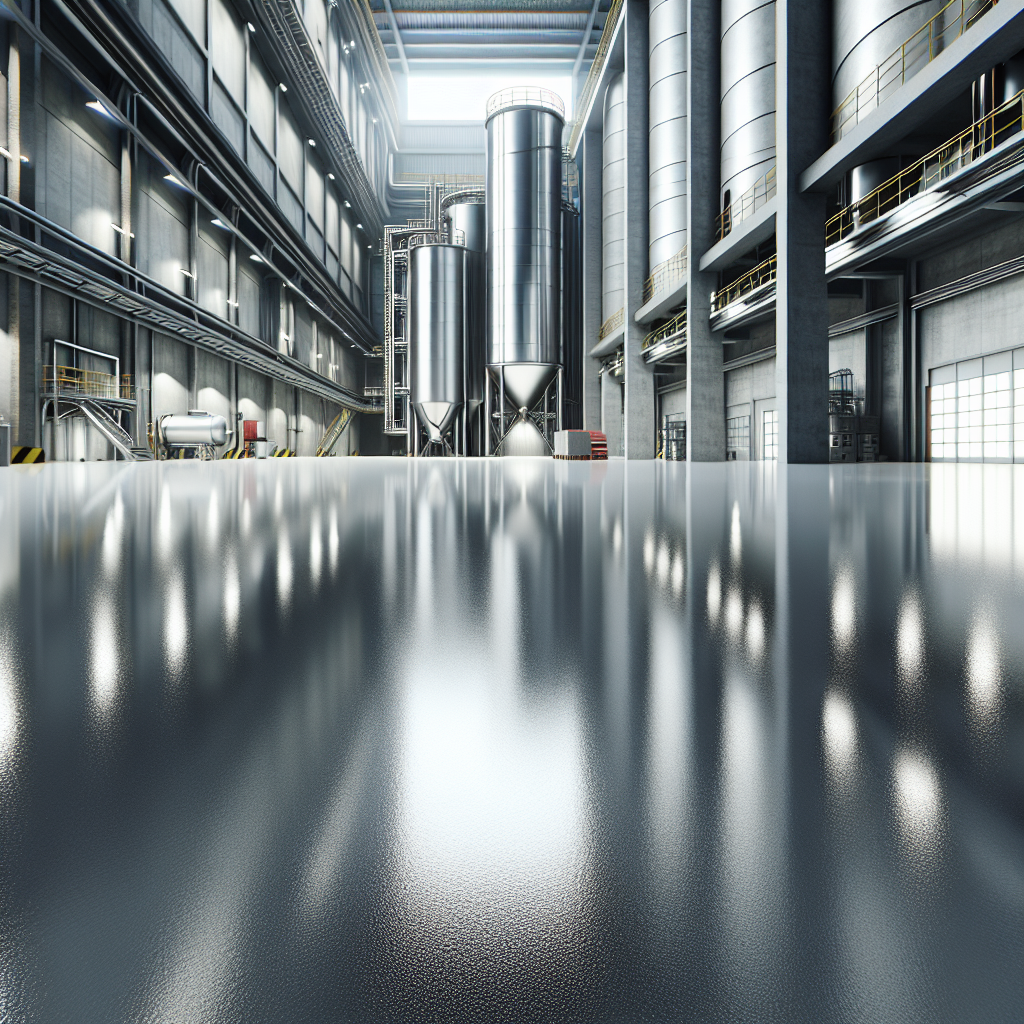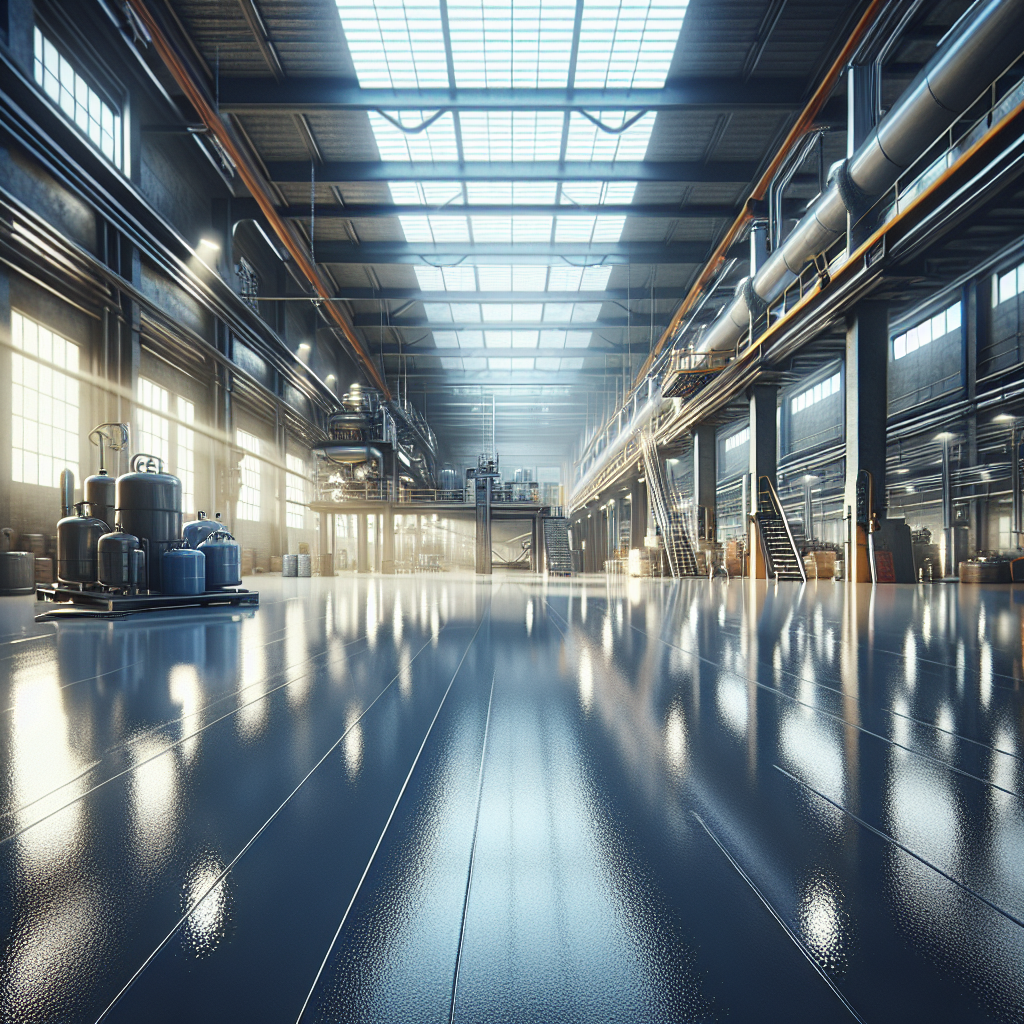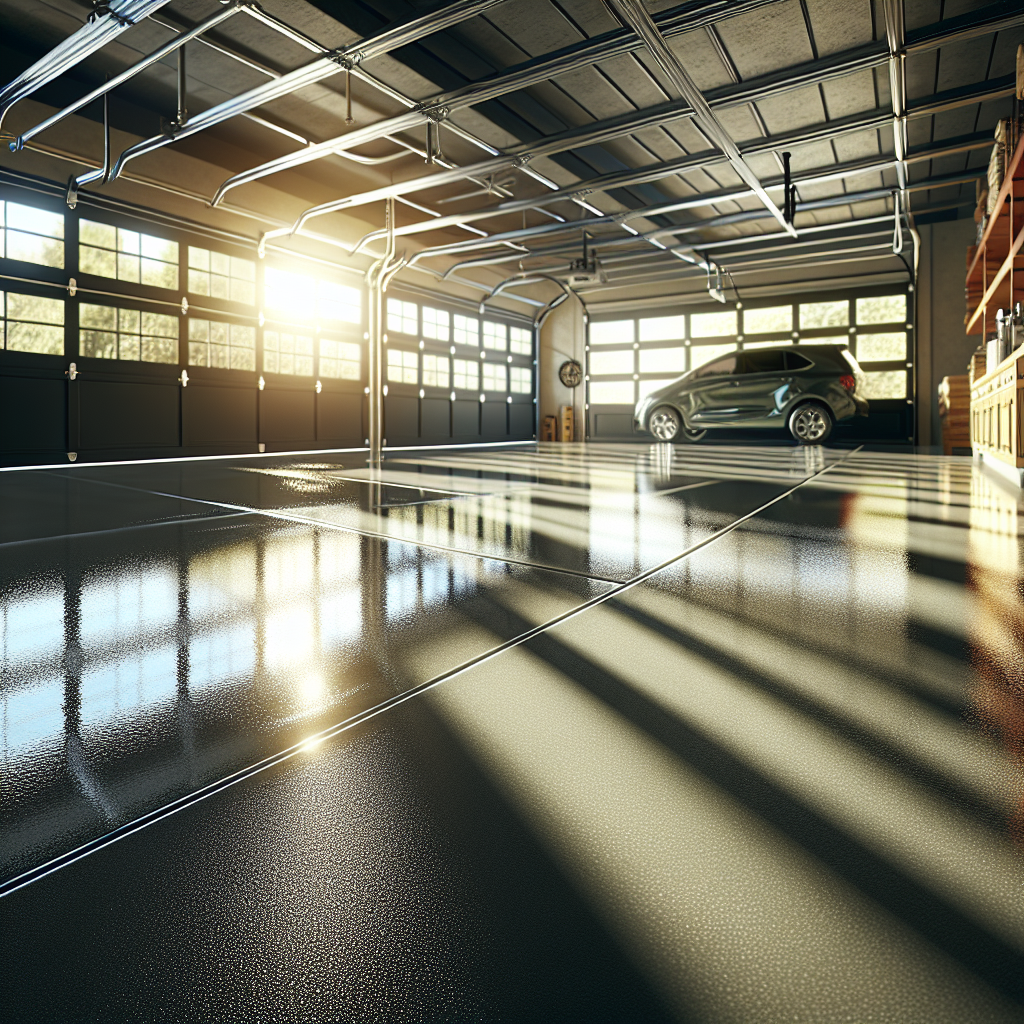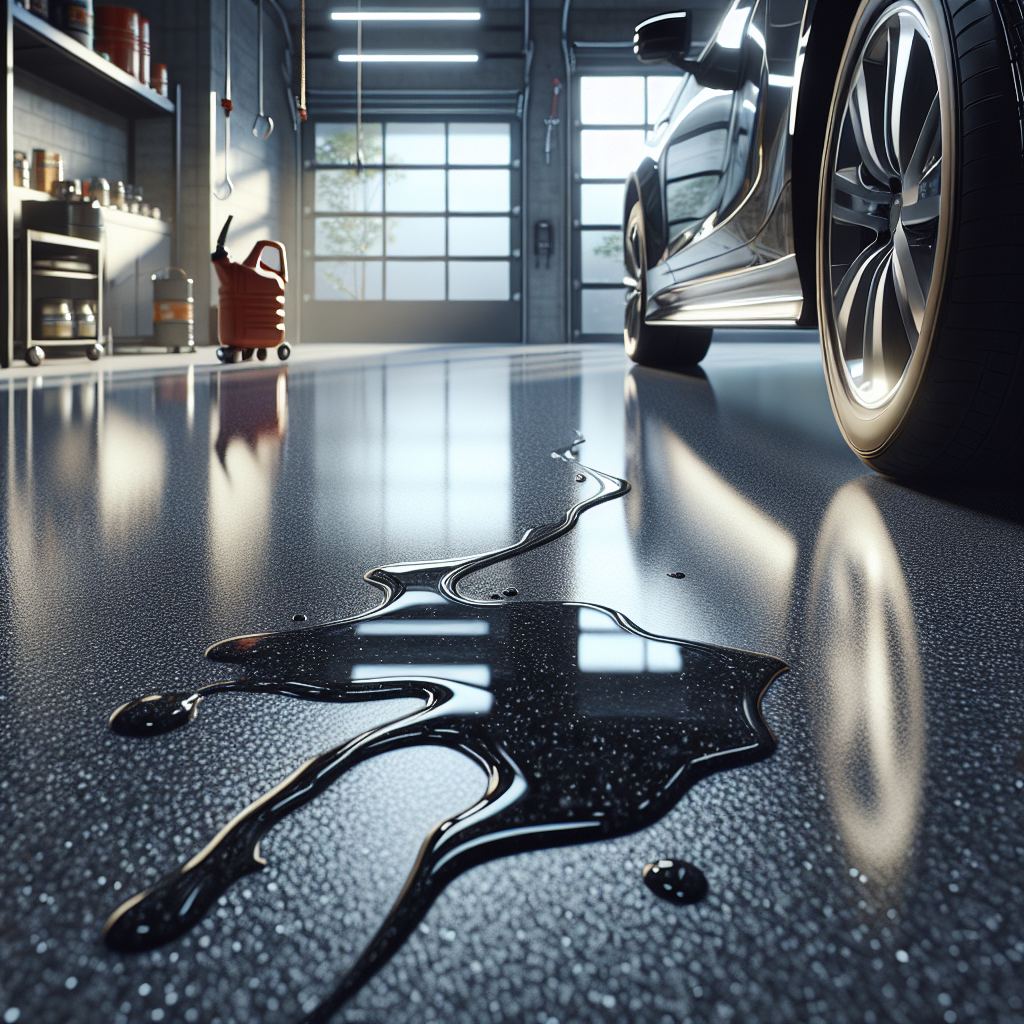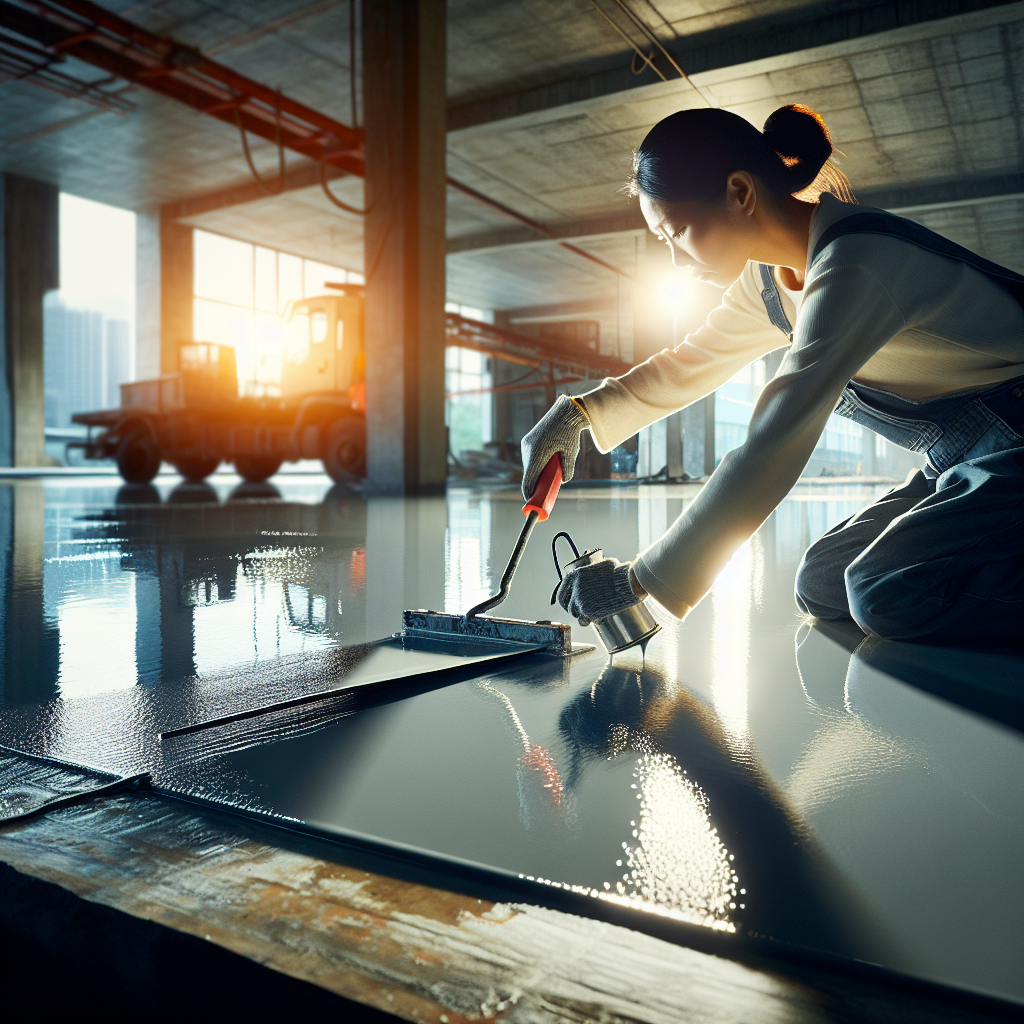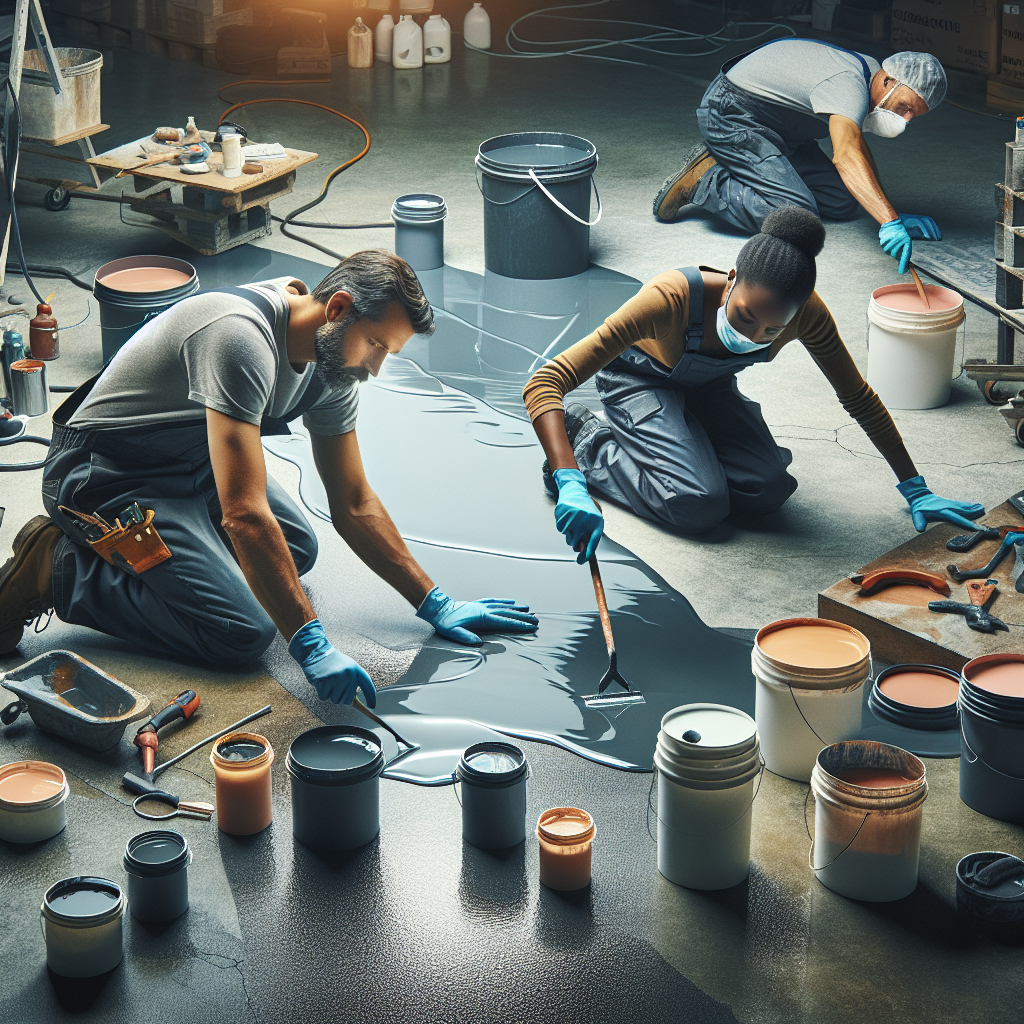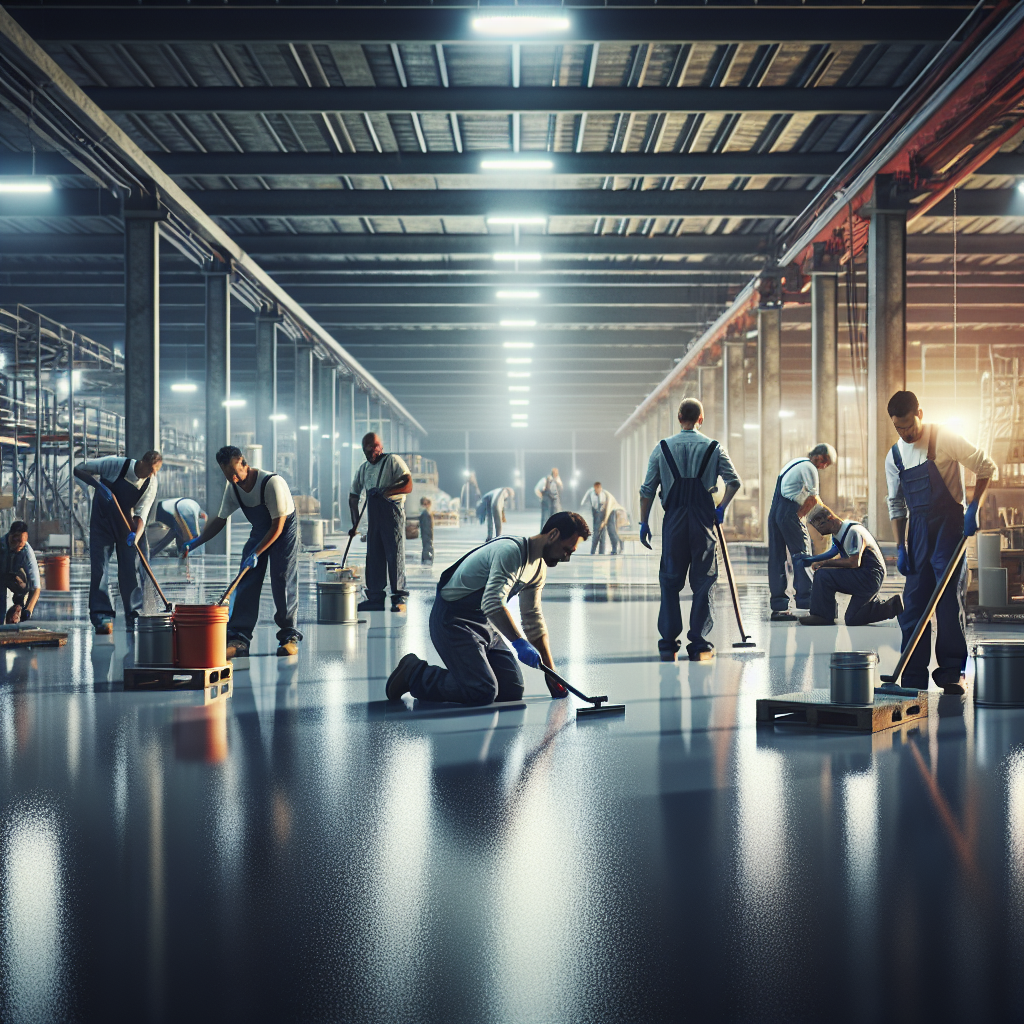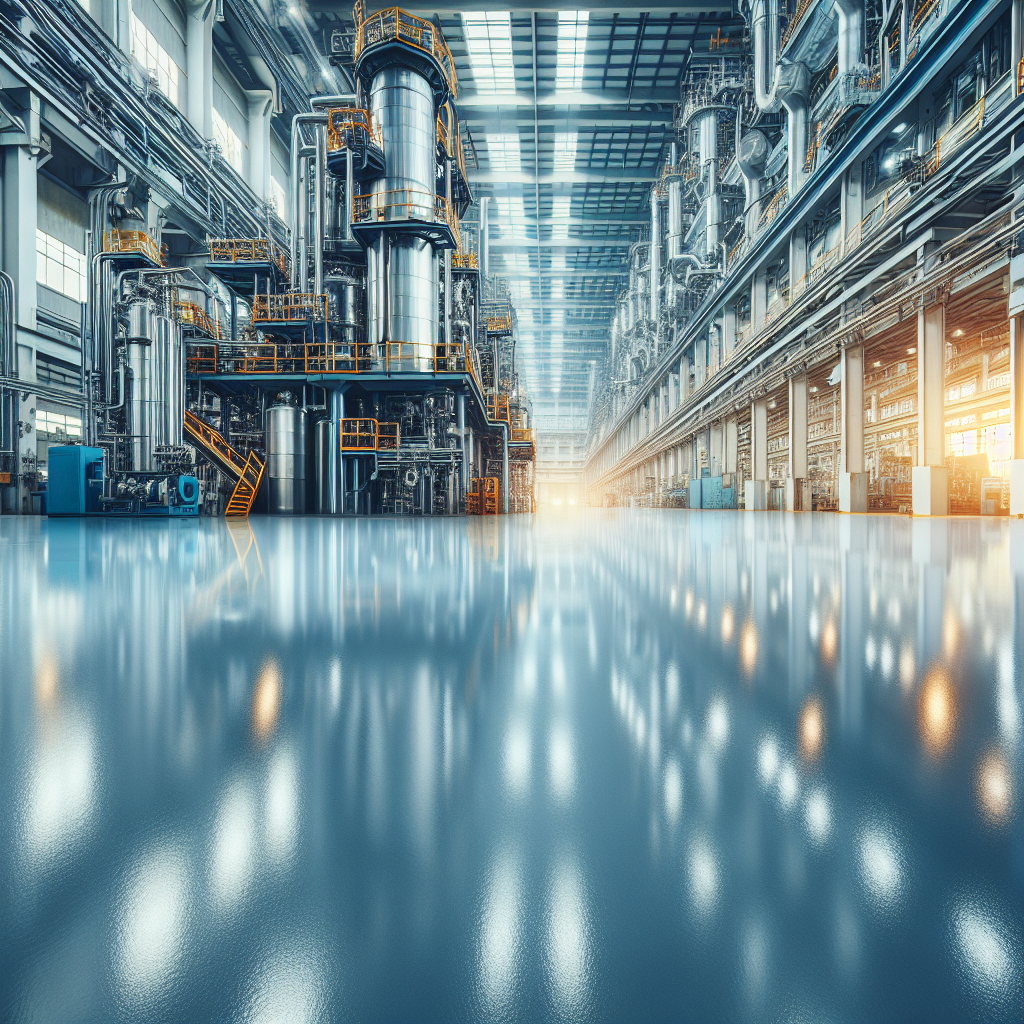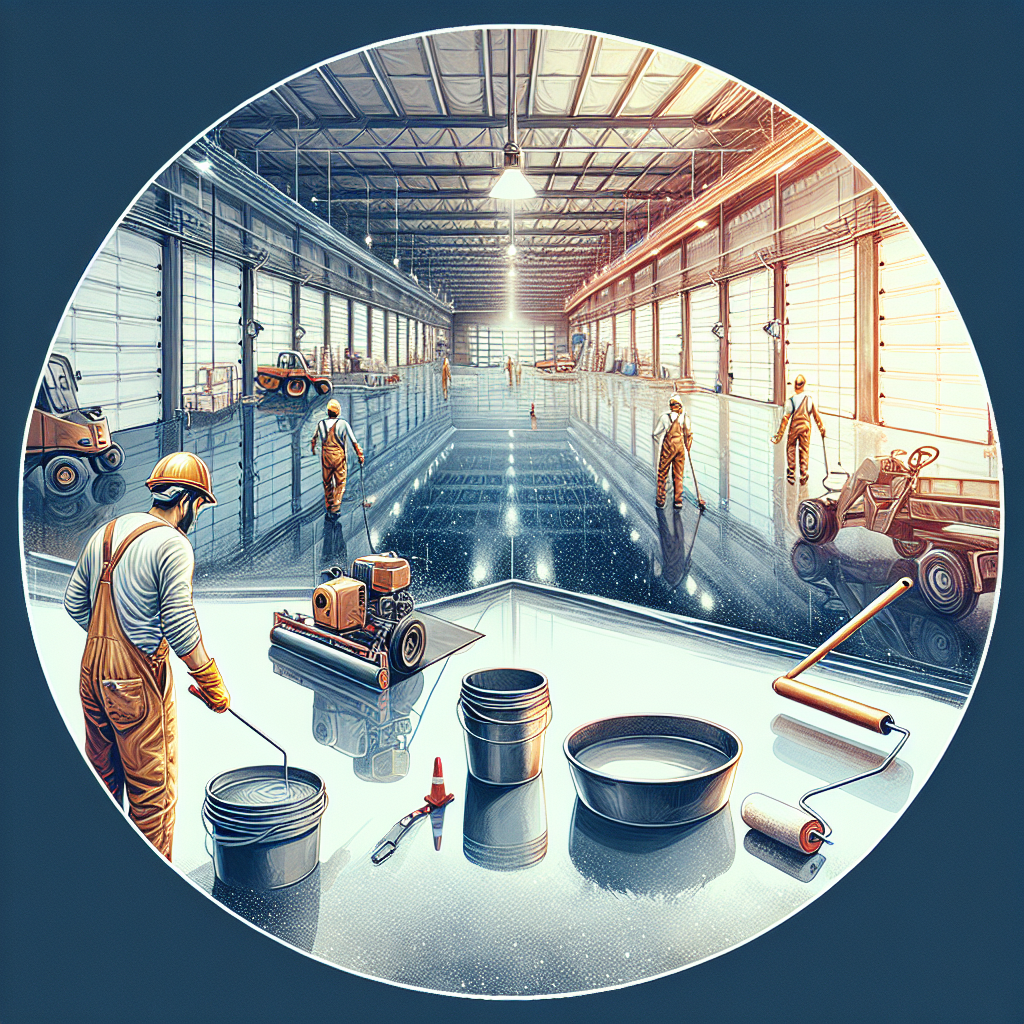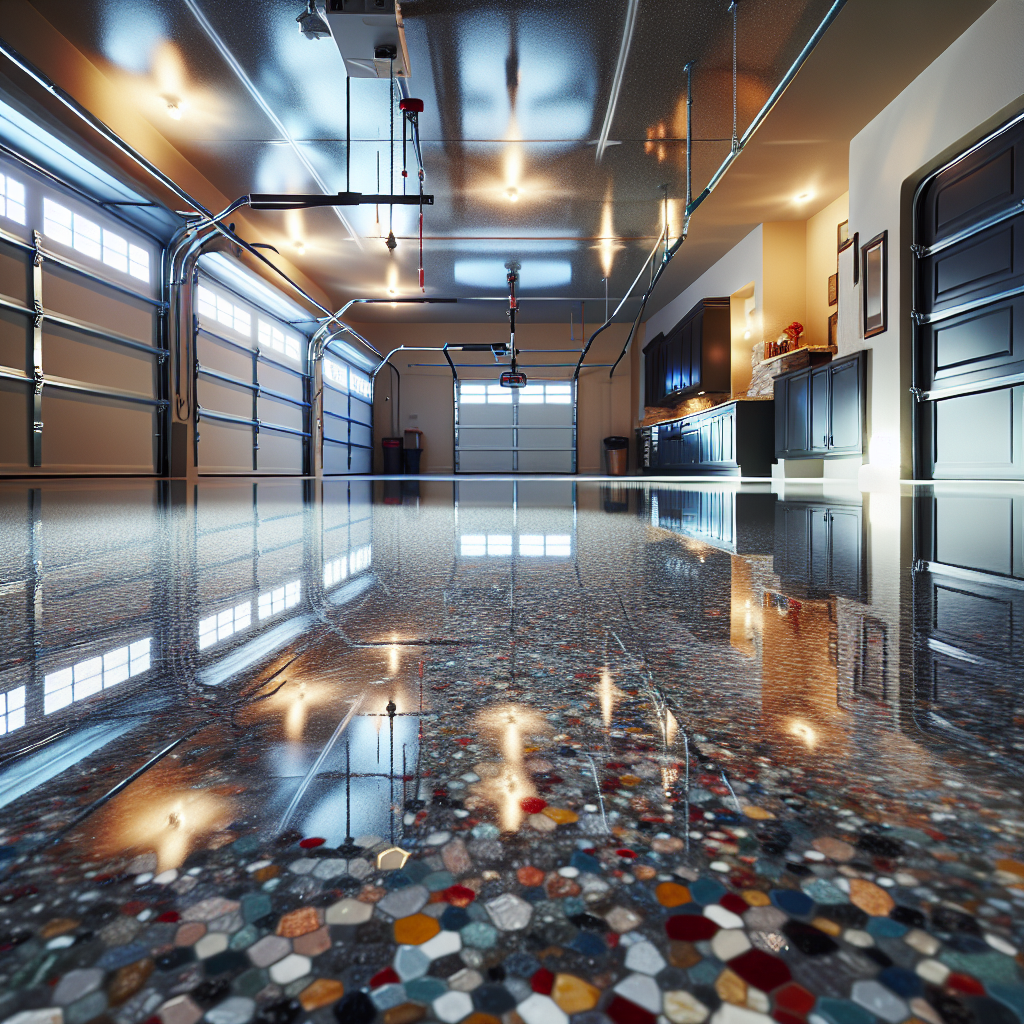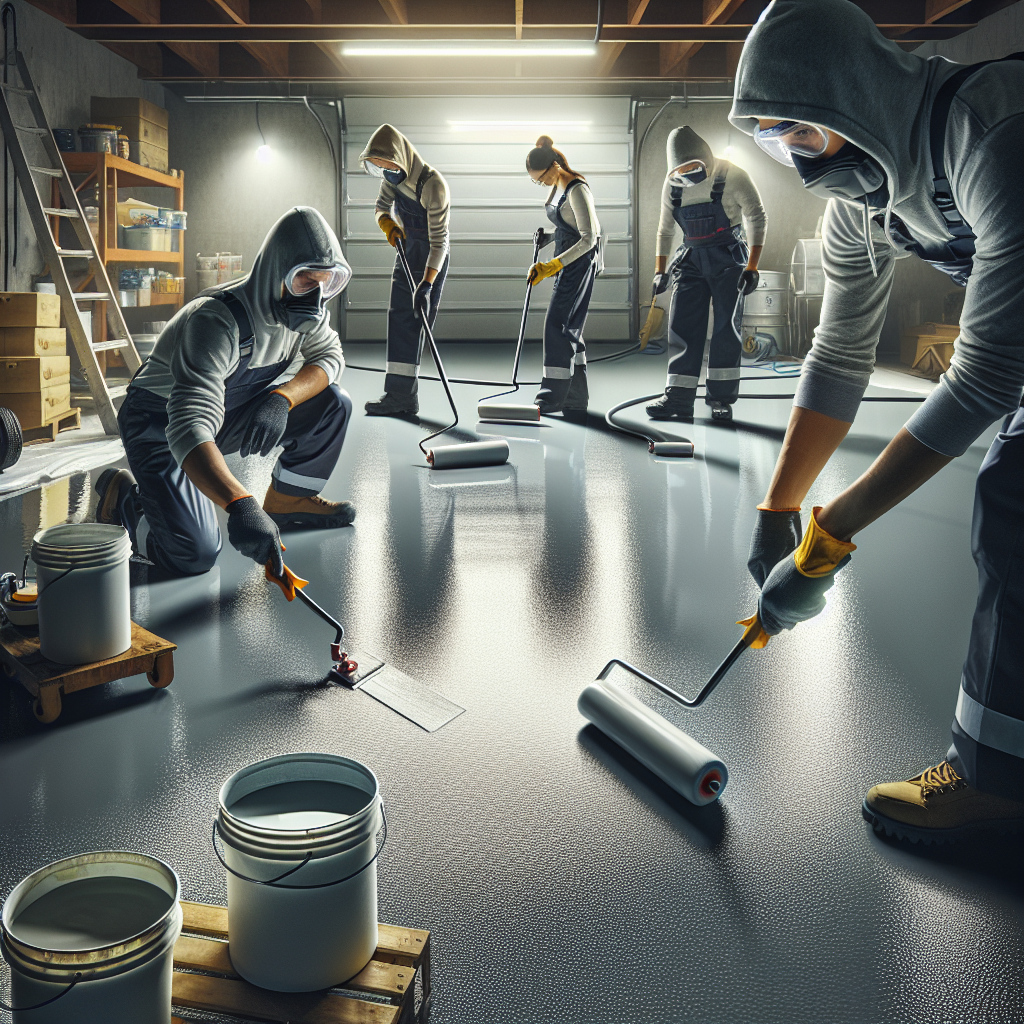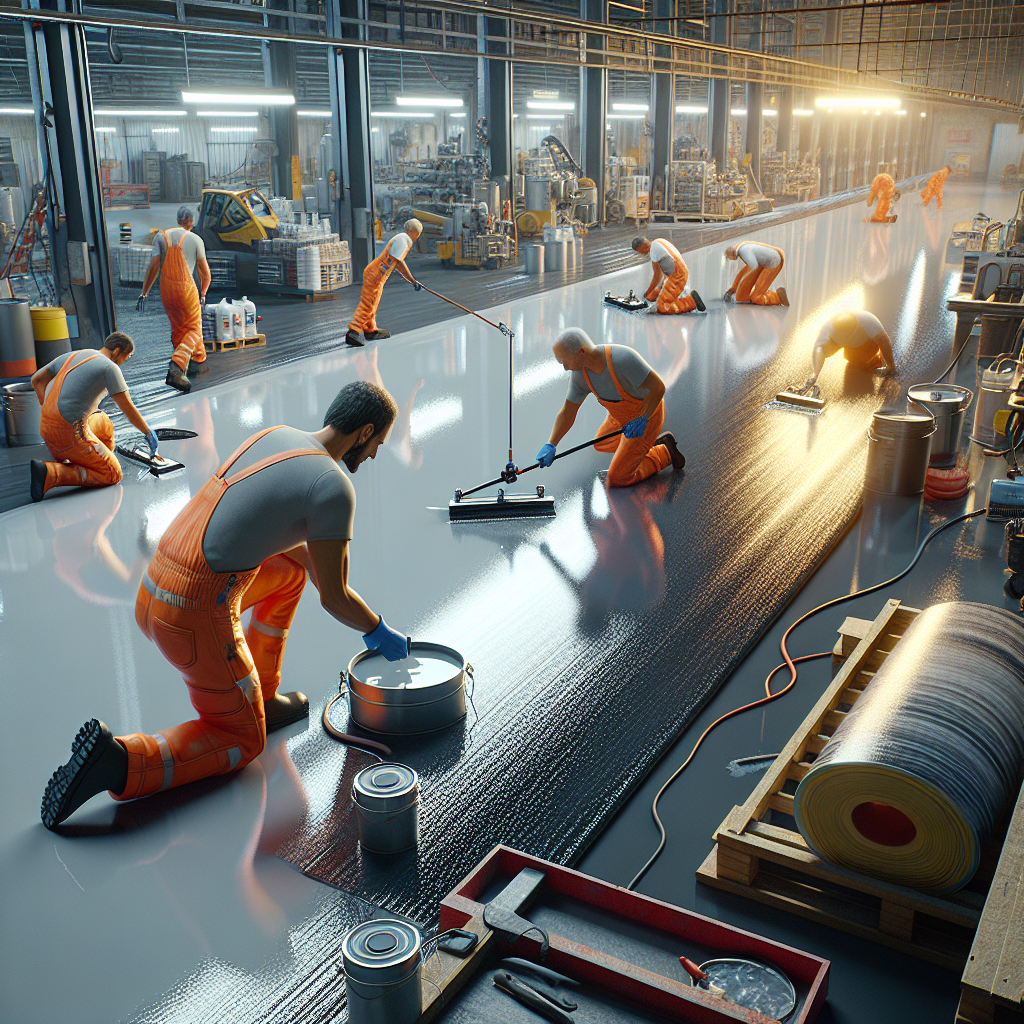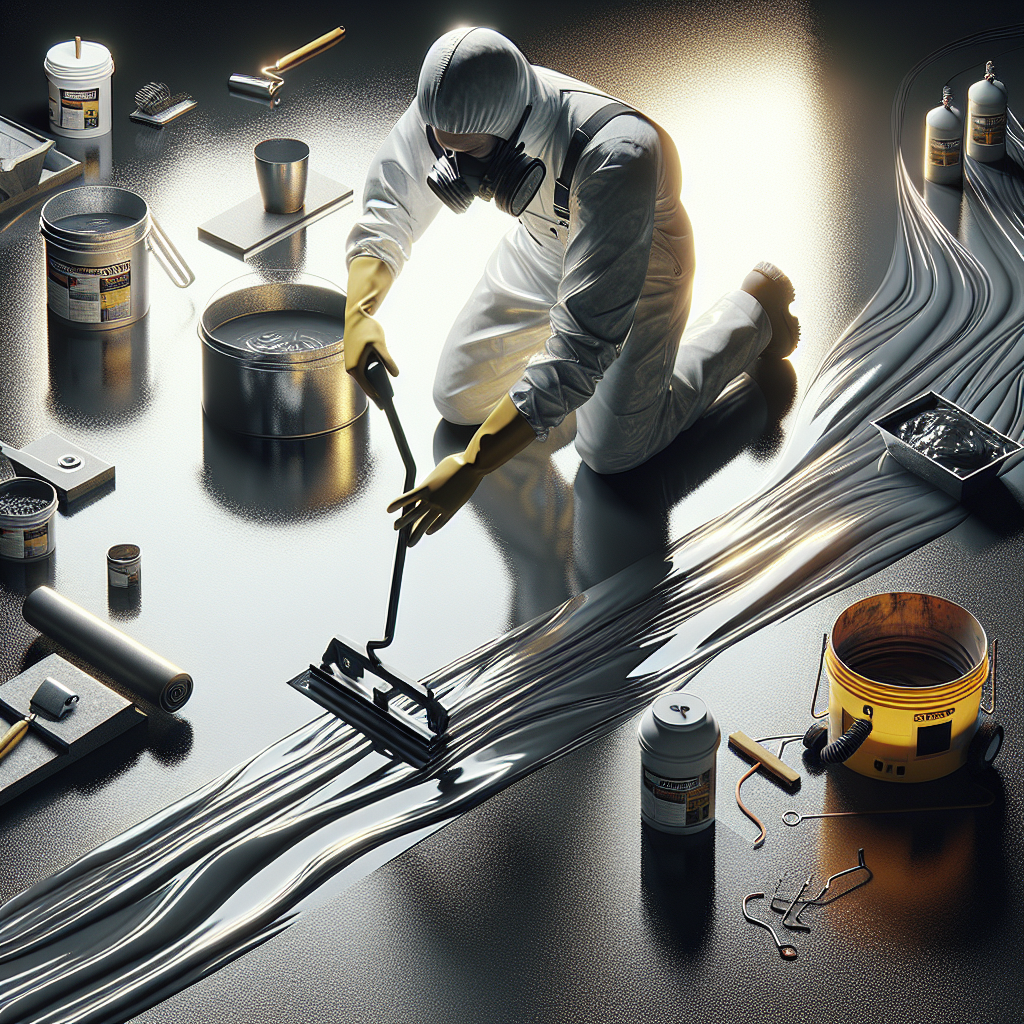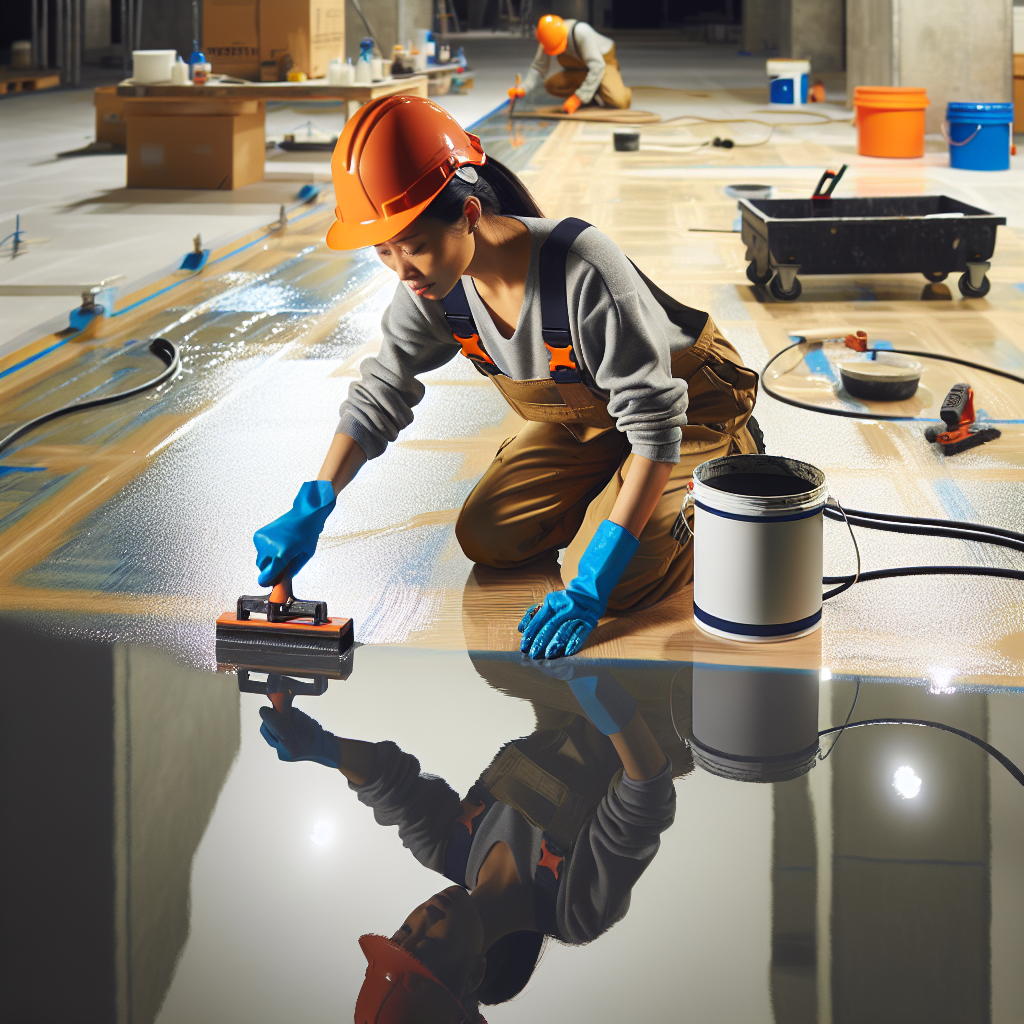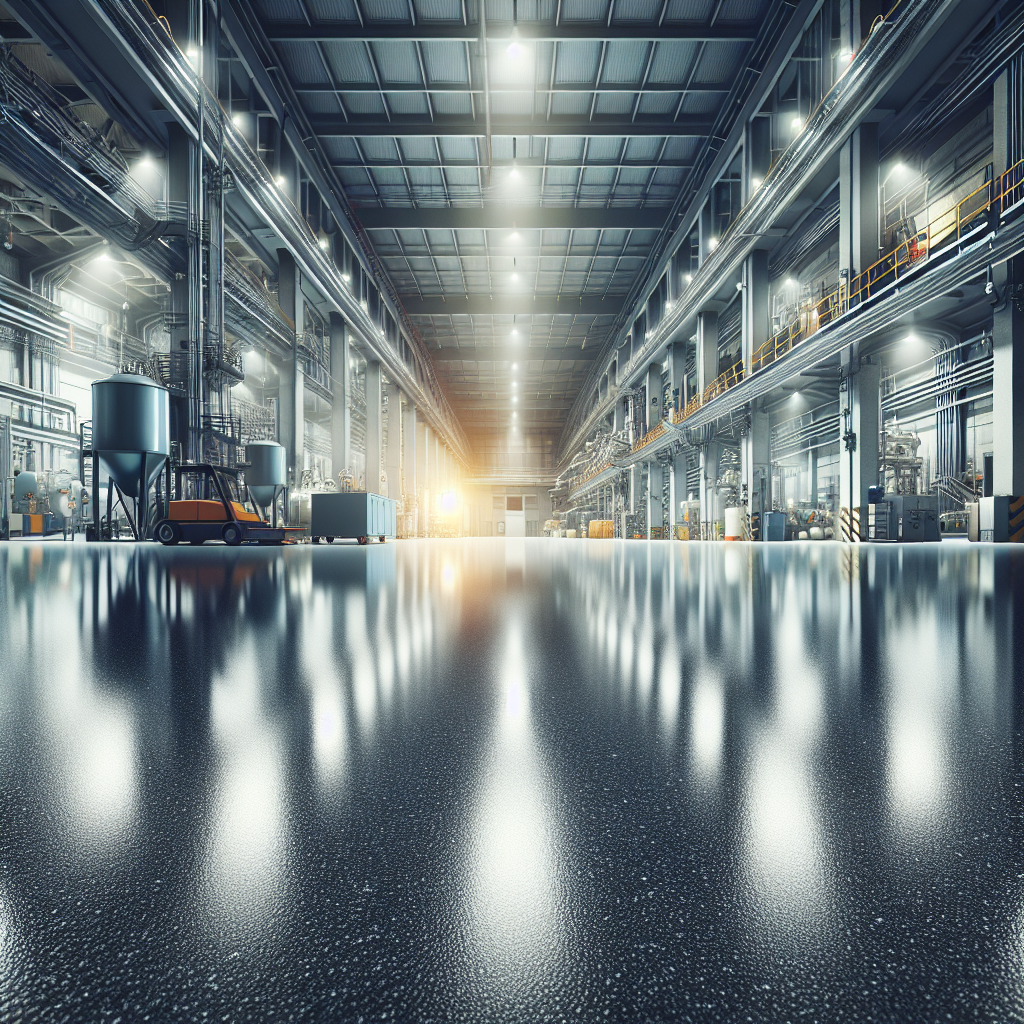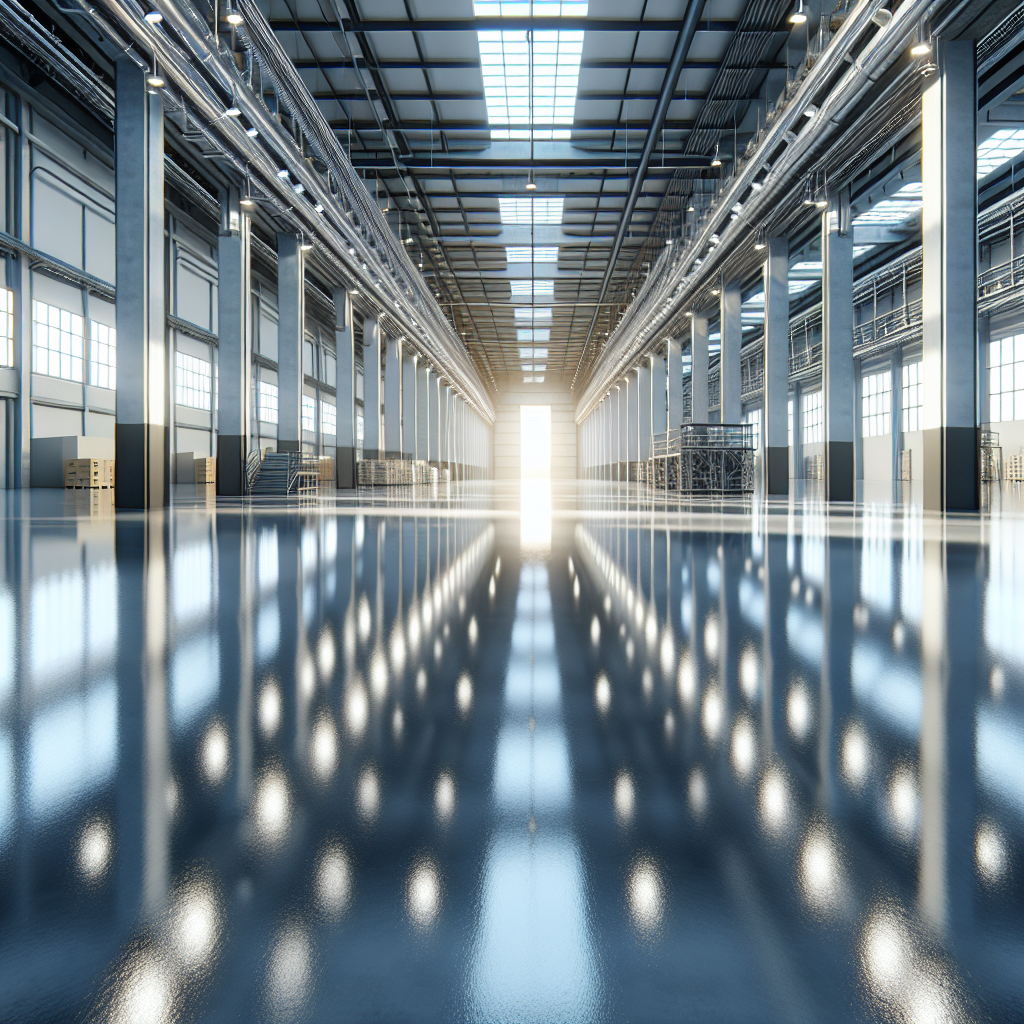Maintaining the pristine condition of your floors is essential for enhancing the aesthetics and longevity of your space. This is where a B&B floor polishing specialist comes into play. B&B floor polishing is a meticulous process that ensures your floors not only look their best but also remain durable and resistant to wear and tear.
Whether it’s residential, commercial, or industrial flooring, the expertise of a B&B floor polishing specialist can make a significant difference. They utilize advanced techniques and equipment to achieve a high-gloss finish that adds value to your property. From removing stubborn stains and scratches to restoring the original shine of your floors, these specialists handle it all with precision.
Investing in professional floor polishing services can save you time and money in the long run. Instead of resorting to frequent replacements or repairs, regular polishing maintains the integrity of your flooring materials. Moreover, polished floors are easier to clean and maintain, providing a hygienic and appealing environment.
Call us today for a free quote and transform your floors with the expertise of a B&B floor polishing specialist. Visit our website at Americas Industrial Coatings to learn more about our services.
Benefits of Professional Floor Polishing

Professional floor polishing offers a multitude of benefits that go beyond mere aesthetics. When you enlist the services of a B&B floor polishing specialist, you are investing in the longevity and functionality of your flooring. Here are some key advantages:
- Enhanced Durability: Polished floors are more resistant to scratches, stains, and general wear and tear. This means your floors will maintain their pristine condition for a longer period.
- Improved Safety: A professionally polished floor can reduce the risk of slips and falls. The polishing process creates a smooth and even surface that minimizes hazards.
- Cost-Efficiency: By extending the life of your floors, you can avoid costly replacements and repairs. Regular maintenance through polishing is a more economical option in the long run.
- Easy Maintenance: Polished floors are easier to clean and maintain. Dust, dirt, and spills can be quickly wiped away, keeping your environment hygienic and attractive.
- Enhanced Appearance: One of the most noticeable benefits is the stunning, glossy finish that professional polishing provides. This can significantly enhance the overall look of your space, making it more inviting and appealing.
- Eco-Friendly: Polishing existing floors reduces the need for new materials, making it a more sustainable choice. Additionally, many polishing processes use environmentally friendly products.
By choosing professional floor polishing, you ensure that your floors are not only beautiful but also functional and long-lasting. This investment pays off in myriad ways, providing peace of mind and satisfaction.
Common Issues with DIY Floor Polishing

While DIY floor polishing might seem like a cost-effective solution, it often comes with a host of challenges and pitfalls that can compromise the quality and longevity of your flooring. Here are some common issues associated with DIY floor polishing:
- Inconsistent Finish: Achieving a uniform, glossy finish requires professional-grade equipment and expertise. Without these, you might end up with a patchy or uneven surface that detracts from your floor’s appearance.
- Surface Damage: Incorrect use of polishing tools and products can damage the floor’s surface. Over-polishing or using the wrong type of polish can lead to scratches, discoloration, and other forms of damage.
- Time-Consuming: DIY floor polishing is a labor-intensive process that can take up a significant amount of your time. Without experience, you might spend hours or even days trying to achieve satisfactory results.
- Improper Tools and Materials: Professional-grade polishing tools and materials are often not accessible to the average consumer. Using subpar equipment can lead to inferior results and even potential hazards.
- Health Risks: Polishing floors can generate dust and fumes that are harmful if inhaled. Professionals have the necessary protective gear and ventilation solutions to mitigate these risks.
- Short-Lived Results: Without the right techniques and products, DIY polished floors may lose their shine quickly, requiring frequent re-polishing and maintenance.
In light of these issues, it’s clear that DIY floor polishing can often do more harm than good. The expertise, tools, and materials that professionals bring to the table ensure a high-quality finish that lasts, saving you time, money, and effort in the long run.
How B&B Specialists Ensure Quality
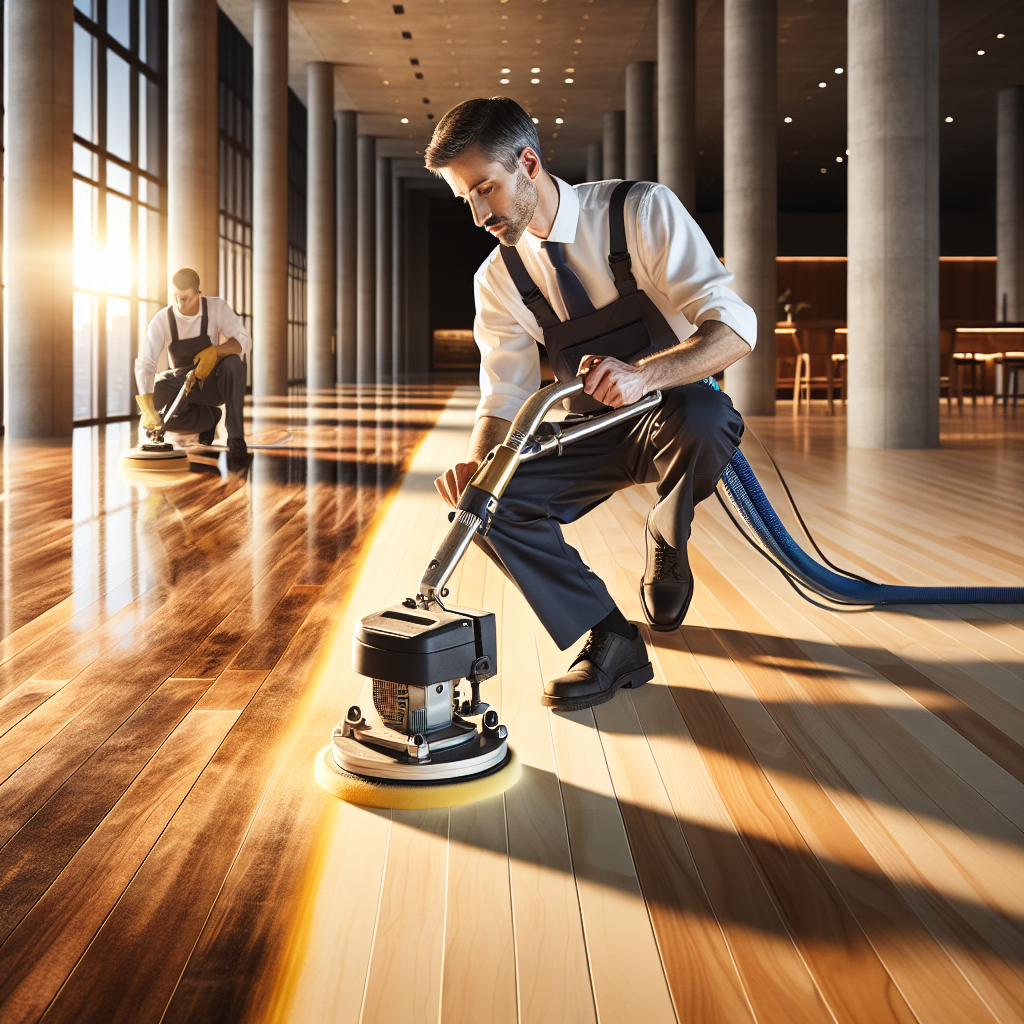
When it comes to floor polishing, B&B specialists bring a level of expertise and precision that is hard to match. Here are some of the key ways they ensure the highest quality results:
- Professional-Grade Equipment: B&B specialists use state-of-the-art polishing machines and tools that are not readily available to the general public. These machines provide a consistent, high-quality finish that DIY methods simply cannot achieve.
- Expert Knowledge: With years of experience under their belts, B&B specialists have a deep understanding of different types of flooring and the specific polishing techniques required for each. Whether it’s hardwood, concrete, or marble, they know how to bring out the best in your floors.
- High-Quality Materials: Professionals use superior quality polishing compounds and sealants that enhance the durability and shine of your floors. These materials are often more effective and longer-lasting than those available to consumers.
- Attention to Detail: B&B specialists are trained to pay meticulous attention to every aspect of the polishing process. From initial preparation to final touch-ups, they ensure that every inch of your floor is polished to perfection.
- Tailored Solutions: Not all floors are the same, and B&B specialists provide customized solutions based on the specific needs of your flooring. They assess the condition of your floors and recommend the best course of action to achieve optimal results.
- Safety Measures: Polishing floors can involve the use of chemicals and machinery that pose safety risks. B&B specialists are trained in proper safety protocols, ensuring a safe and efficient polishing process.
- Long-Lasting Results: The combination of professional techniques, high-quality materials, and expert knowledge ensures that the polished finish lasts longer, reducing the need for frequent maintenance.
By entrusting your floor polishing needs to B&B specialists, you can be confident in receiving a superior, durable finish that enhances the beauty and longevity of your floors.
Choosing the Right Floor Polishing Specialist

Selecting the right floor polishing specialist is crucial for achieving the best results for your flooring. Here are some factors to consider when making your choice:
- Experience and Expertise: Look for specialists with a proven track record and years of experience in the industry. Experienced professionals have encountered a variety of flooring types and conditions, making them better equipped to handle your specific needs.
- Customer Reviews and Testimonials: Check online reviews and ask for references from past clients. Positive feedback and high ratings are indicators of reliable and high-quality service.
- Certifications and Training: Ensure that the specialists have the necessary certifications and training. This indicates their commitment to maintaining industry standards and staying updated with the latest techniques and technologies.
- Portfolio of Past Work: Ask to see examples of previous projects. A comprehensive portfolio can give you a clear idea of their capabilities and the quality of their work.
- Range of Services: Choose a specialist who offers a wide range of services, including different types of floor polishing and restoration. This flexibility can be beneficial if you have multiple flooring types in your property.
- Transparent Pricing: Look for specialists who provide clear and detailed estimates. Avoid those with vague pricing structures or hidden fees. Transparency in pricing reflects professionalism and integrity.
- Insurance and Guarantees: Ensure the specialist is fully insured and offers guarantees on their work. This protects you from any potential damages or issues that may arise during the polishing process.
- Environmental Considerations: Inquire about the products and methods used by the specialist. Opt for those who use eco-friendly materials and practices, minimizing the environmental impact.
- Communication and Customer Service: Good communication is key to a successful project. Choose a specialist who is responsive, listens to your needs, and provides clear explanations and updates throughout the process.
By carefully evaluating these factors, you can select a floor polishing specialist who will deliver exceptional results, ensuring your floors remain beautiful and durable for years to come.
Maintaining Your Polished Floors
Once you’ve invested in professional floor polishing, it’s essential to maintain your polished floors to keep them looking their best and extend their lifespan. Here are some tips to help you preserve the shine and durability of your floors:
- Regular Cleaning: Sweep or vacuum your floors daily to remove dust and debris that can cause scratches. Use a damp mop with a pH-neutral cleaner specifically designed for polished floors to maintain their luster without damaging the finish.
- Protective Measures: Place rugs or mats at entryways to catch dirt and moisture before they reach your floors. Use furniture pads under the legs of chairs, tables, and other furniture to prevent scratches and dents.
- Spill Management: Clean up spills immediately to prevent staining or damage. Use a soft cloth or mop to blot the spill and avoid abrasive cleaning tools that can harm the polished surface.
- Avoid Harsh Chemicals: Steer clear of acidic or alkaline cleaners, as they can dull or damage your polished floors. Stick to products recommended by your floor polishing specialist.
- Regular Polishing: Depending on the level of foot traffic, schedule regular polishing to maintain the shine and protective layer of your floors. Consult with your floor polishing specialist for the ideal frequency of re-polishing.
- Humidity Control: Maintain a consistent indoor humidity level to prevent your floors from expanding or contracting, which can lead to cracks or other damage.
- Professional Inspections: Periodically have your floors inspected by a professional to identify and address any issues early on. This proactive approach can save you time and money on extensive repairs in the future.
By following these maintenance tips, you can ensure that your polished floors remain stunning and durable for years to come. If you need expert advice or professional floor maintenance services, call us today for a free quote. Our team at Americas Industrial Coatings in Fort Lauderdale is here to help you keep your floors in pristine condition.
